
WIC 2017
14:41, 02-Dec-2017
Hangzhou embraces fast development of digital life
By Hu Chao
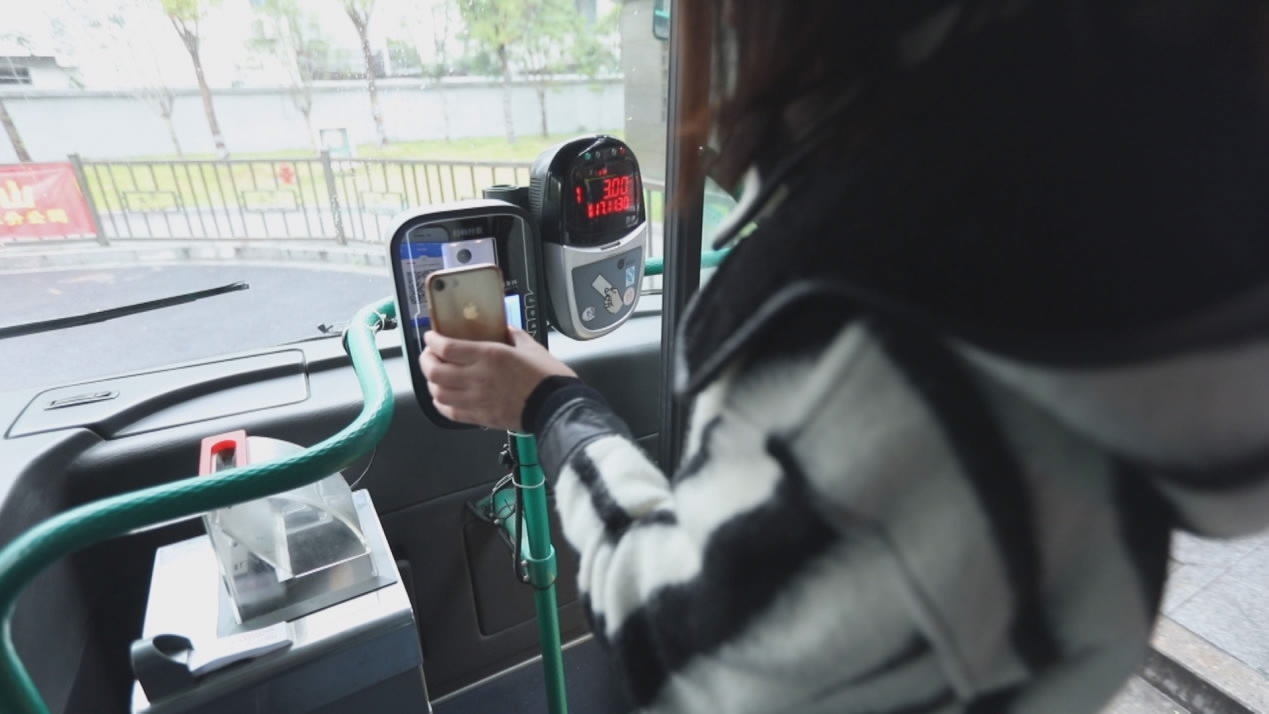
China’s digital economy is booming. And life has become much more convenient. The digital development has been driven in part by e-commerce giant Alibaba, which is headquartered in Hangzhou, the capital city of east China’s Zhejiang Province.
Sitting near the beautiful West Lake, Hangzhou is one of China’s leading e-commerce centers – one that has played a seminal role in digital development. Digital life in this lakeside city has been flourishing in recent years.
Instead of cash, cards and your wallet, you often only need your mobile phone and your "face" wherever you go and whatever you do in Hangzhou.
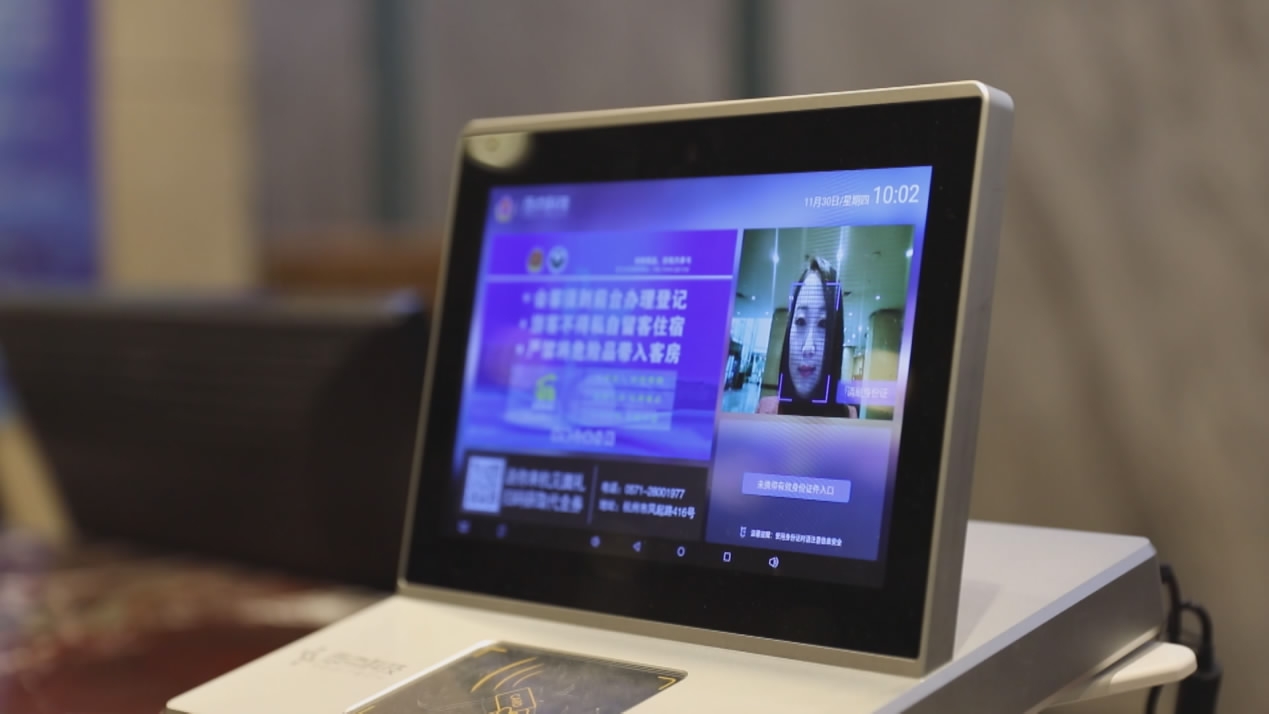
Facial recognition system helps hotels to confirm ID information. /CGTN Photo
Facial recognition system helps hotels to confirm ID information. /CGTN Photo
Many hotels in Hangzhou now have facial recognition systems. A quick scan of your face is all it takes for the machine to confirm your ID. So you can easily check in, even if you don’t have your ID card on hand.

An order and payment system in a local restaurant uses facial recognition technology. /CGTN Photo
An order and payment system in a local restaurant uses facial recognition technology. /CGTN Photo
And the city has the country’s first restaurant with a facial recognition system. Your face will be the one paying for the meal. Once you have chosen your meal on the big touch screen, all you need to do is type in your phone number, and confirm payment by scanning your face.

Patients can pay for their prescriptions in the doctor’s office. /CGTN Photo
Patients can pay for their prescriptions in the doctor’s office. /CGTN Photo
Many hospitals in Hangzhou also have become quite “smart”. Long lines, stressful waits, huge crowds – the worst things about seeing a doctor – are things of the past in Hangzhou. In a local hospital, registration and payment can all be done through mobile apps, even before you arrive. It not only saves time, but also makes the hospital less crowded.
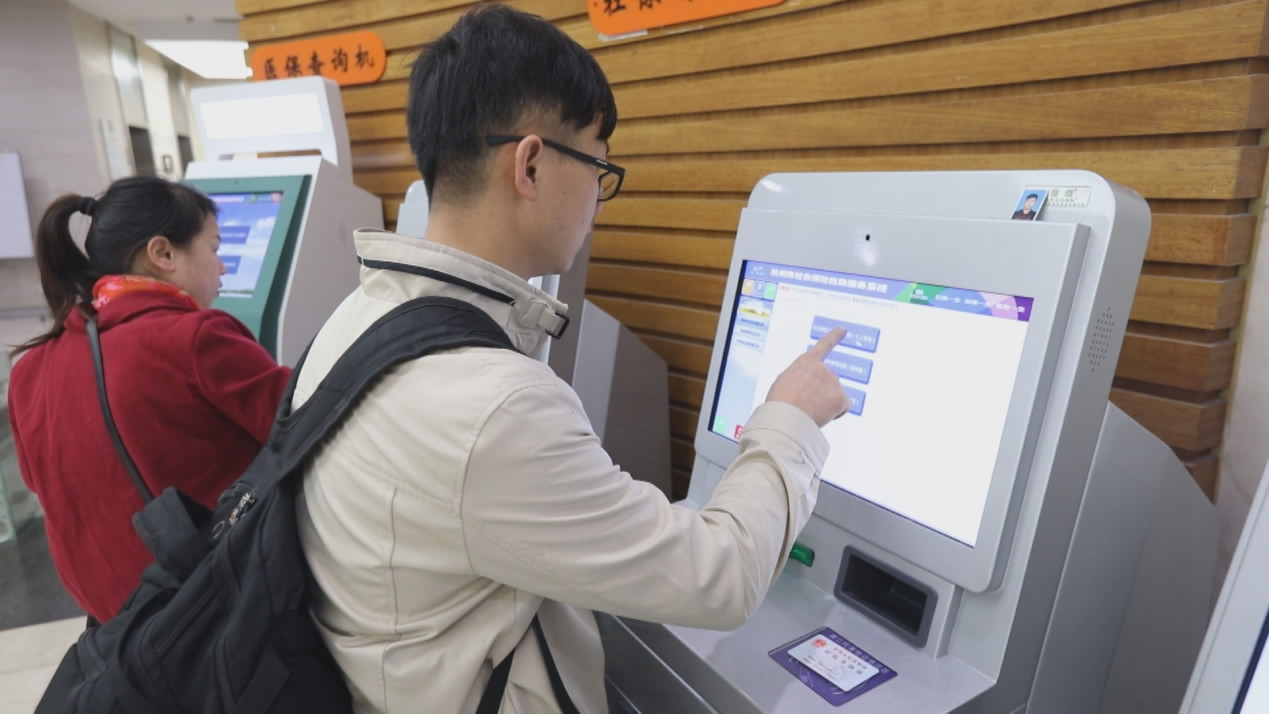
Intelligent machines can help residents print various kinds of documentary proof. /CGTN Photo
Intelligent machines can help residents print various kinds of documentary proof. /CGTN Photo
And the local central office of government affairs also sees fewer visitors now. Officials say the numbers have dropped by half because over 90 percent of administrative affairs now can be done either online or via these intelligent machines.
In May, Hangzhou set up the country’s first Internet court. You don’t even need to show up at court if you ever need to face the music in a lawsuit. This Internet court allows you to just log on and fight it out online. Over 4,000 cases have been handled so far.
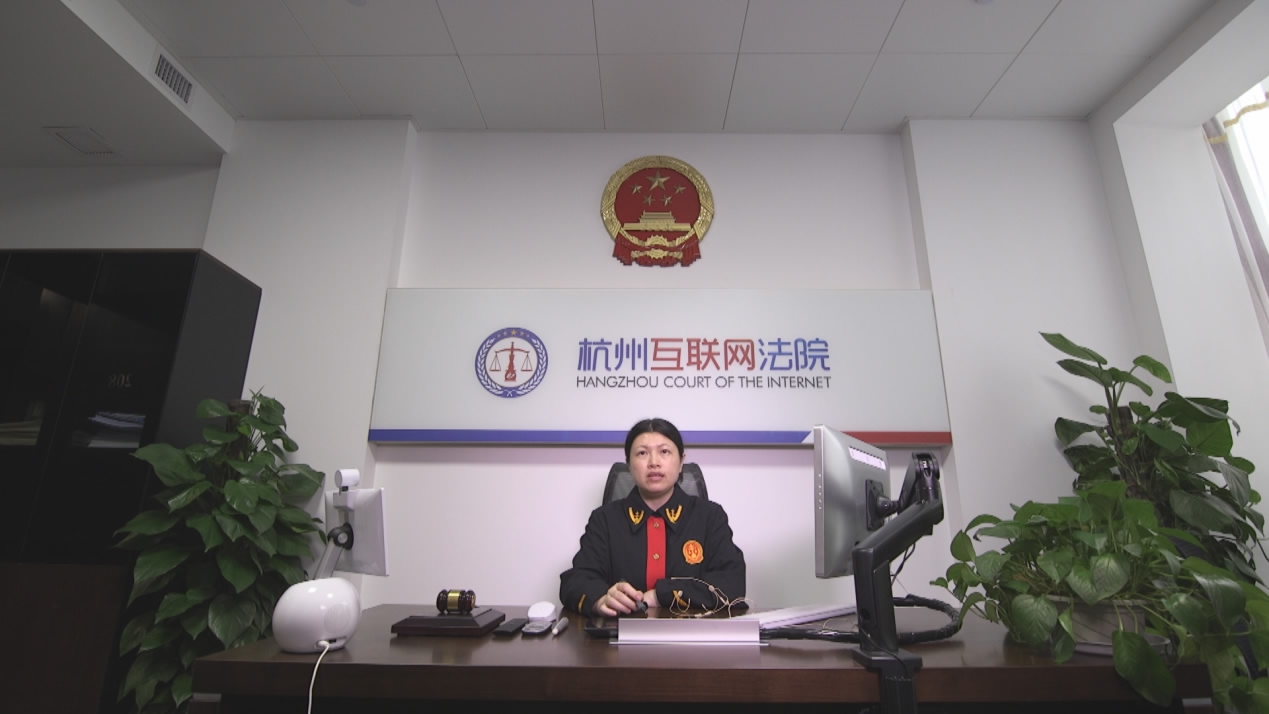
Hangzhou’s first Internet court in China tries to settle lawsuits online. /CGTN Photo
Hangzhou’s first Internet court in China tries to settle lawsuits online. /CGTN Photo
Digital technology also helps to ease traffic congestion in Hangzhou, thanks to a "big brain of big data" in the local public security system and traffic police station. Hangzhou is the only city in China that has this "big brain."
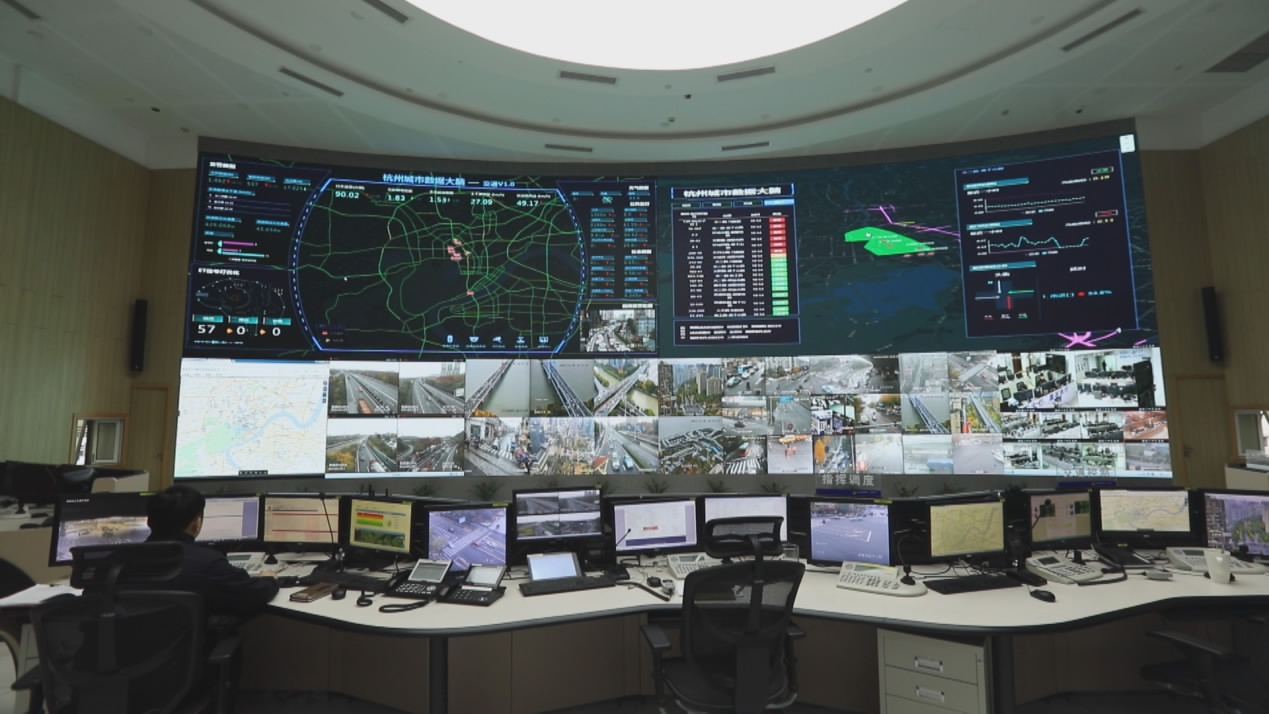
Hangzhou has the country’s first and only "big brain of big data." /CGTN Photo
Hangzhou has the country’s first and only "big brain of big data." /CGTN Photo
Local authorities say that in the future this "big brain" will increasingly help to manage more aspects of the city, making life more convenient, efficient, and enjoyable.
Click here for more about the World Internet Conference 2017
(Top photo: Hangzhou’s public transportation can all be paid by phone. /CGTN Photo)

SITEMAP
Copyright © 2018 CGTN. Beijing ICP prepared NO.16065310-3
Copyright © 2018 CGTN. Beijing ICP prepared NO.16065310-3